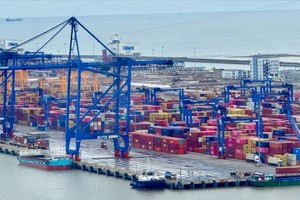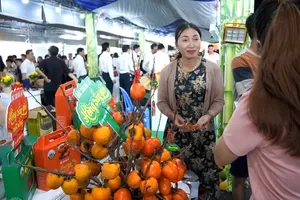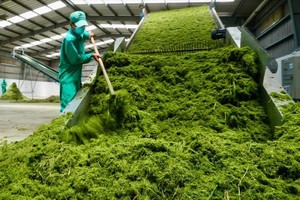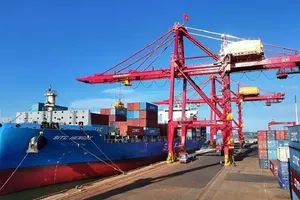As of the beginning of the third quarter of 2025, despite the continuous decline in domestic and global coffee prices, which have dropped by approximately VND40,000 (US$1.53) per kg compared to the start of 2025, the country's export revenue for this commodity has still set a record in the first six months of this year.
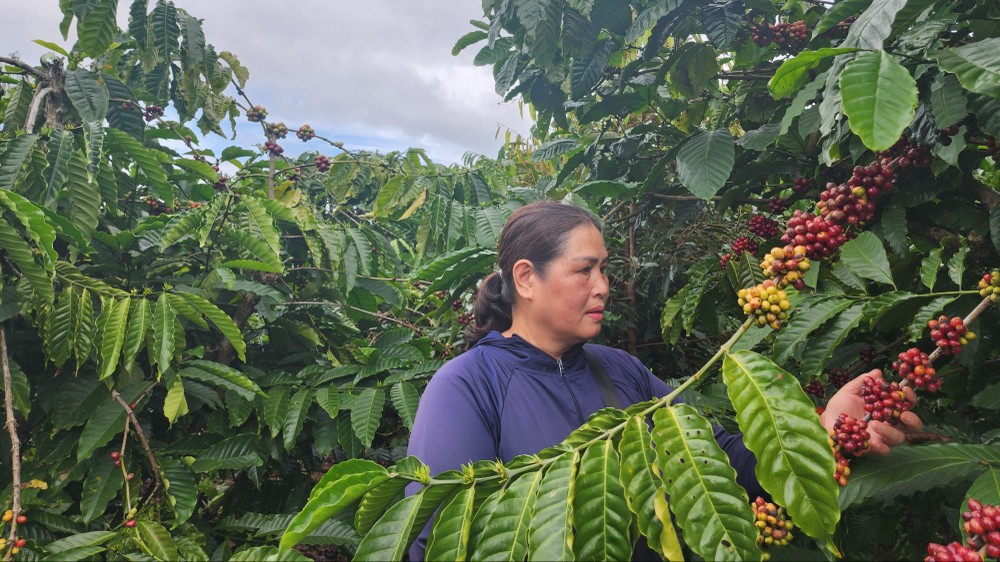
According to data from the Ministry of Agriculture and Environment, over the past six months, the country's coffee export revenue reached US$5.5 billion, a significant increase compared to $2.7 billion during the same period in 2024. The number also surpassed the total coffee export figure of $5.4 billion for the entire year of 2024. This marks the first time in Vietnam that the coffee sector has achieved this figure in the first half of the year, successfully meeting the target for the entire year of 2025 ahead of schedule.
The surge in export revenue is attributed to large order values from key markets such as the United States, the EU, Japan, South Korea, and China. The Ministry of Agriculture and Environment states that this success is a result of enhancing exports of deep-processed coffee, specialty coffee, and instant coffee, which are segments with higher value.
Furthermore, the coffee harvest season occurs at the end of the year (from December 2024 to April 2024), meaning that the supply in the first half of the year mainly came from stock and reserves. This indicates that domestic enterprises have proactively planned their production and market engagement well in advance.
Based on this, the Ministry of Agriculture and Environment forecasts that Vietnam's coffee export turnover could reach $7.5 billion by the end of this year, a 37 percent increase compared to 2024. This marks a record-breaking growth for Vietnam's coffee industry despite fluctuations in the international market.
According to some agricultural experts, in the short term, coffee prices are expected to continue declining due to abundant rainfall in Brazil, which has alleviated concerns about drought and provided positive signals for the coffee crop of the world's leading coffee supplier.
The pace of coffee harvesting in Brazil is also putting downward pressure on prices. Consulting firm Safras & Mercado estimates that by the end of June, nearly 51 percent of Brazil's new coffee crop had been harvested.

